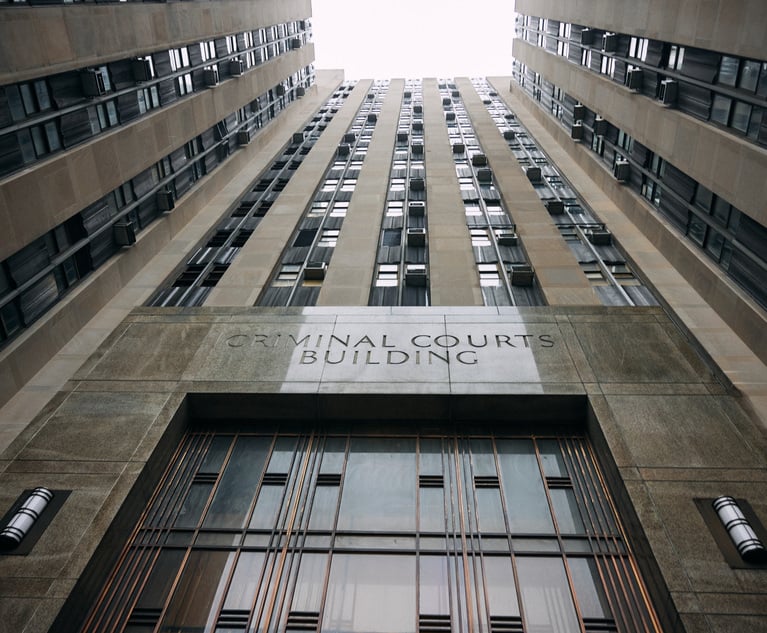The Judicial Conference of the United States is asking Congress for $36.6 million in funding to make the majority of temporary judgeships permanent and to add more judges to certain courts across the nation in anticipation of a backlog of cases due to COVID-19.
“The $36.6 million we are seeking is to address emergent needs such as enhanced cleaning of court facilities, health screening at courthouse entrances, information technology hardware and infrastructure costs associated with expanded telework and videoconferencing, costs associated with probation and pretrial services supervision of offenders released from prison and defendants on pretrial release, and security related costs,” wrote the Judicial Conference in a letter to House and Senate leadership.
This content has been archived. It is available through our partners, LexisNexis® and Bloomberg Law.
To view this content, please continue to their sites.
Not a Lexis Subscriber?
Subscribe Now
Not a Bloomberg Law Subscriber?
Subscribe Now
LexisNexis® and Bloomberg Law are third party online distributors of the broad collection of current and archived versions of ALM's legal news publications. LexisNexis® and Bloomberg Law customers are able to access and use ALM's content, including content from the National Law Journal, The American Lawyer, Legaltech News, The New York Law Journal, and Corporate Counsel, as well as other sources of legal information.
For questions call 1-877-256-2472 or contact us at [email protected]

 Thurgood Marshall Federal Judiciary Building in Washington, D.C.
Thurgood Marshall Federal Judiciary Building in Washington, D.C.








